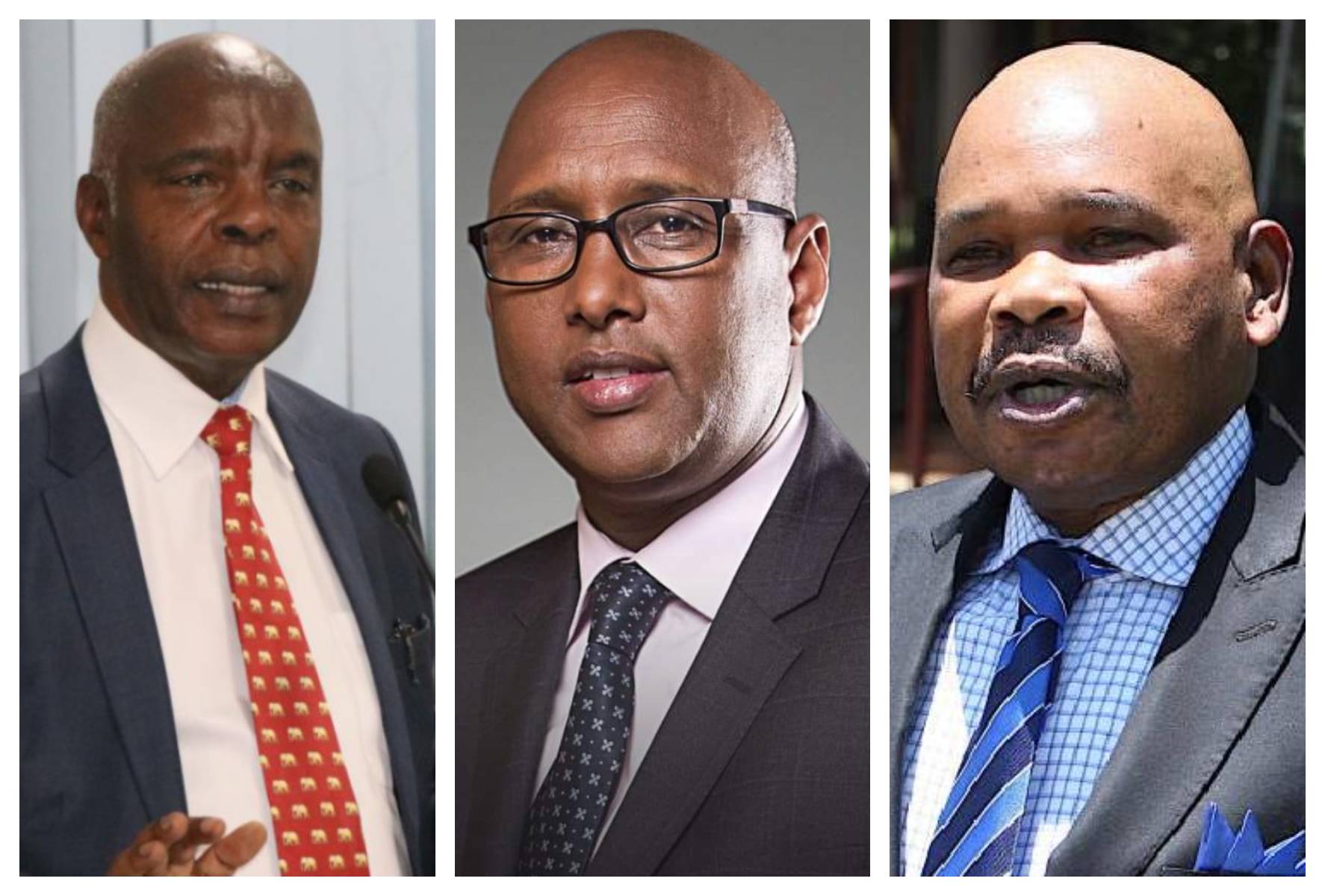In recent weeks, public debate among Kenyans and political leaders has been dominated by the use of social media and the recent widespread abductions which have been linked to the online activity of the abductees.
While Kenyans have condemned the abductions, leaders including President William Ruto have lamented over the increase of false information on social media platforms.
Likening the recent online activities to indiscipline, close allies of the President have called for the strict implementation of the Computer Misuse and Cybercrimes Act 2018.
But what does the Act say about posting false information on social media platforms?
Read More

As detailed in sections 22 and 23 of the Act, any Kenyan who publishes false information to incite the public faces a fine of Ksh5 million.
"A person who intentionally publishes false, misleading or fictitious data or misinforms with the intent that the data shall be considered or acted upon as authentic, with or without any financial gain, commits an offence and shall, on conviction, be liable to a fine not exceeding five million shillings or to imprisonment for a term not exceeding two years, or to both," reads the Act in part.
Notably, the Act holds that freedom of expression can be limited when misinformation can lead to war/violence, constitutes hate speech, or constitutes ethnic incitement.
On the other hand, one can face a 10-year jail term for being part of a calculated plan to cause violence and panic or ruin the reputation of someone.
"A person who knowingly publishes information that is false in print, broadcast, data or over a computer system, that is calculated or results in panic, chaos, or violence among citizens of the Republic, or which is likely to discredit the reputation of a person commits an offence and shall on conviction, be liable to a fine not exceeding five million shillings or to imprisonment for a term not exceeding ten years, or to both." reads the Act in part.
However, amidst the ongoing debate on the law, some leaders have raised concerns over the constitutionality of the Act which has been challenged in court.
As opined by Nairobi Senator Edwin Sifuna, social media was not the problem as Kenyans are not pleased with the policies of the Kenya Kwanza government.
"I have been shocked beyond words by some of the speeches here in Bungoma County. If those who spoke are the people he listens to, Ruto is in more trouble than he knows. Freedom of speech cannot be limited beyond the limitations in Article 33," Sifuna expressed.
"Social media is not the problem. The problem is the policies of this regime that continue to hurt Kenyans. We have started the year on a very bad note."











